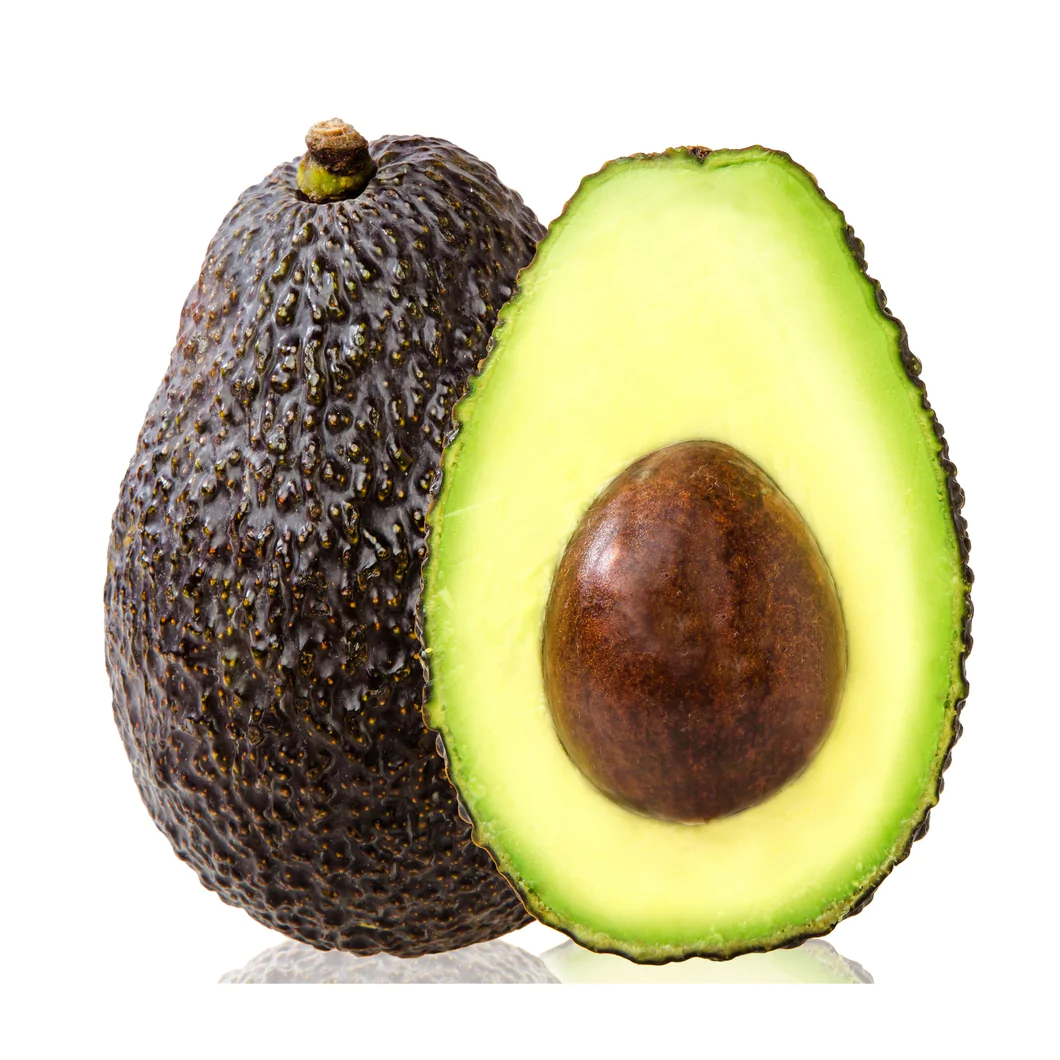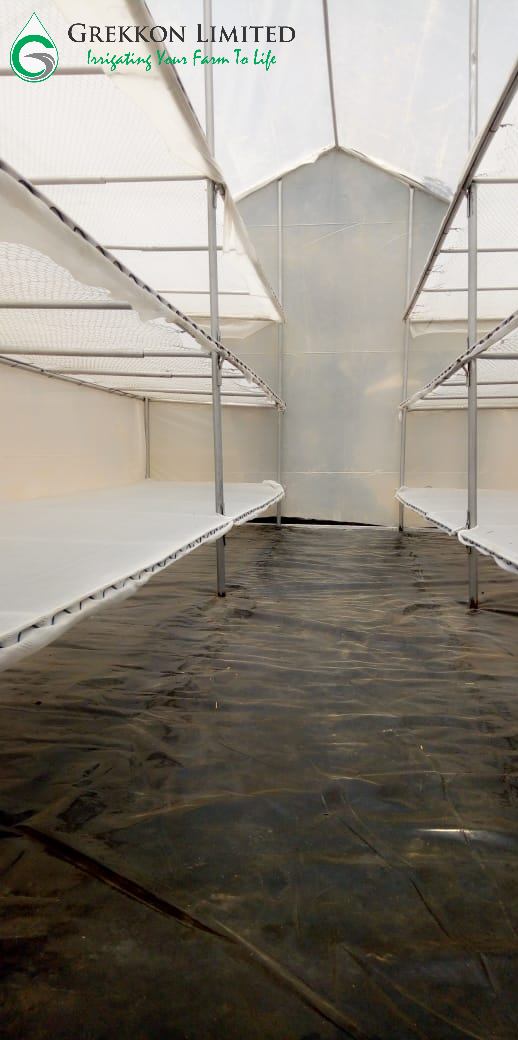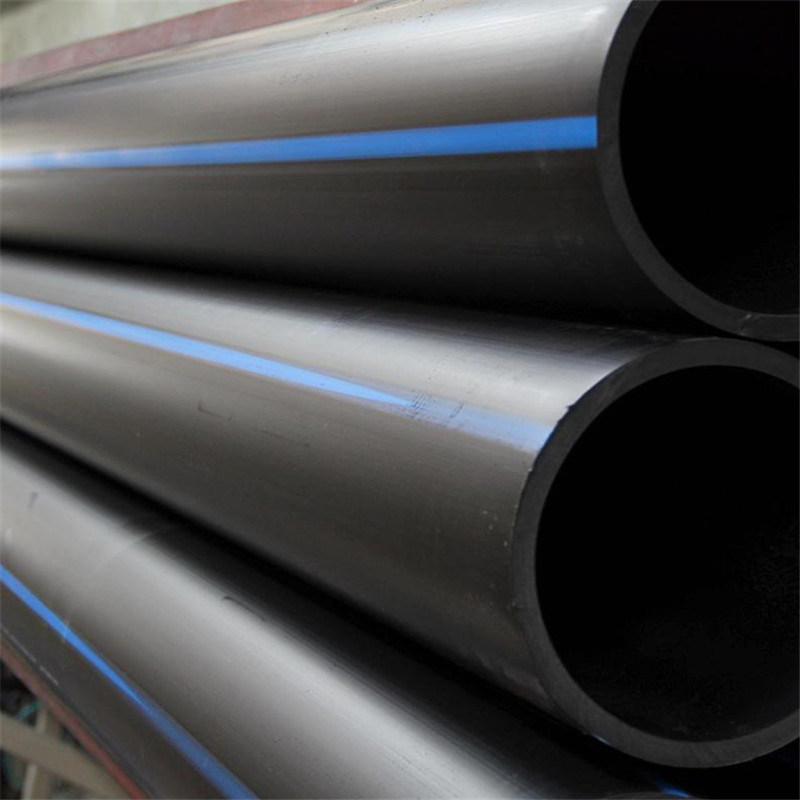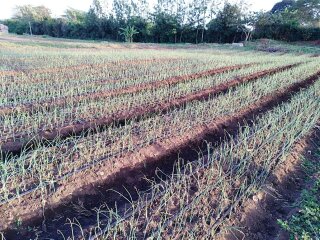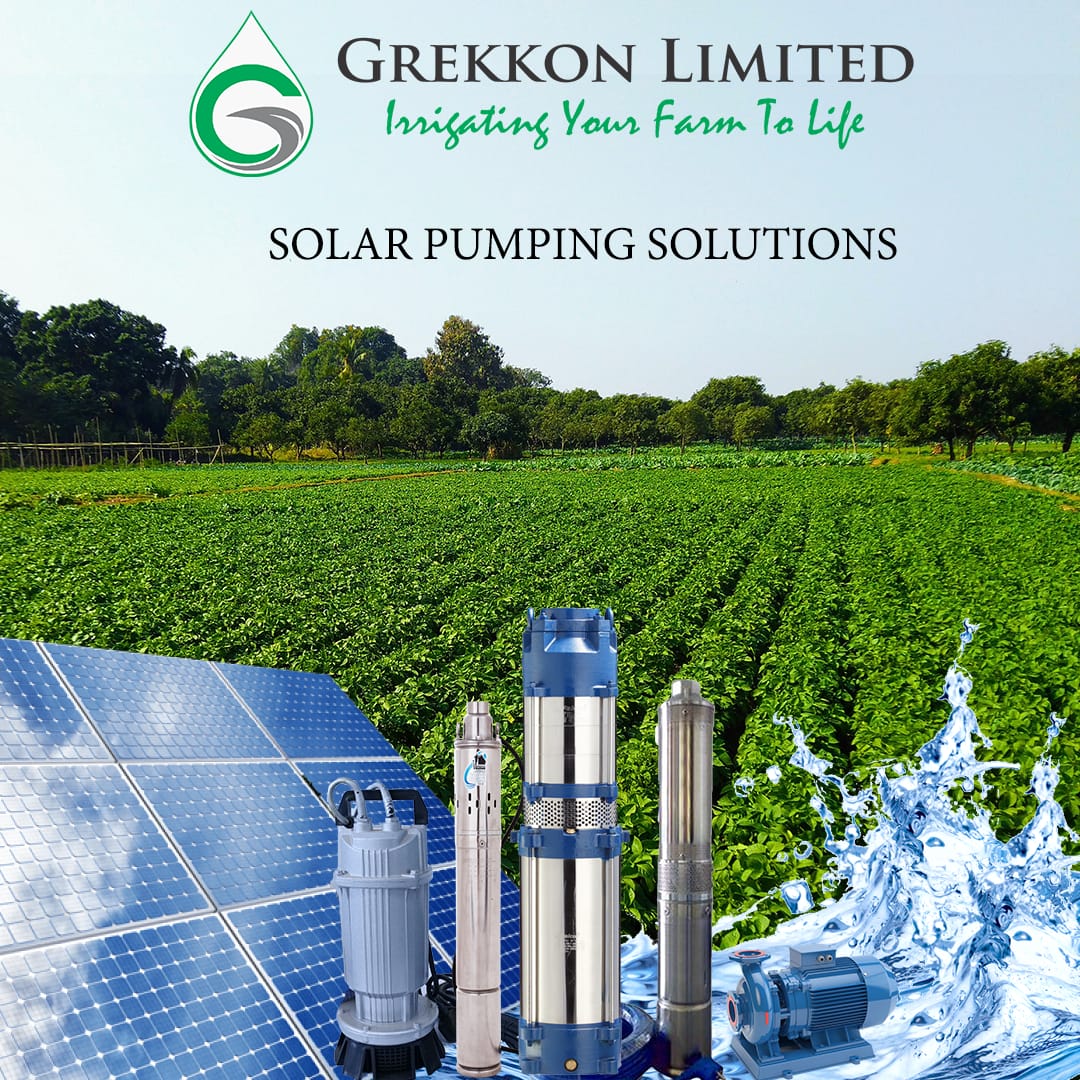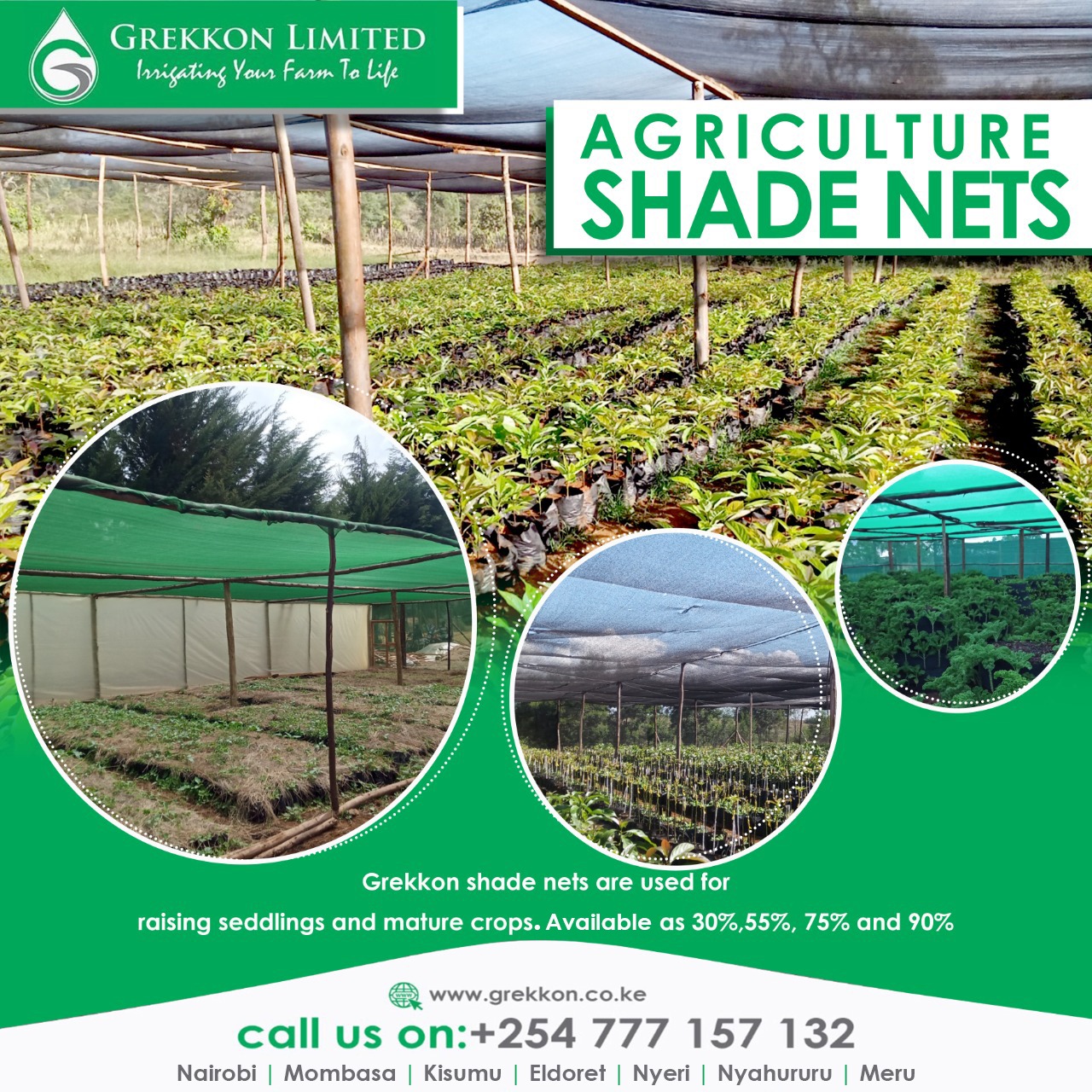How To Farm Avocado In Kenya
Avocado is a sub-tropical fruit that is consumed globally as a super food, and is lalso used to produce many health and cosmetic extracts. Grekkon Limited trains farmers how to farm avocado in Kenya, with a specific emphasis on avocado irrigation. Irrigation is a key aspect of avocado management and in this article, we answer frequently asked questions by growers doing avocado farming in Kenya. Key avocado varieties grown in Kenya are Hass and Fuerte. Hass grows from 800M asl to 2,500, and Fuerte from 1,500M asl to 2,500M asl
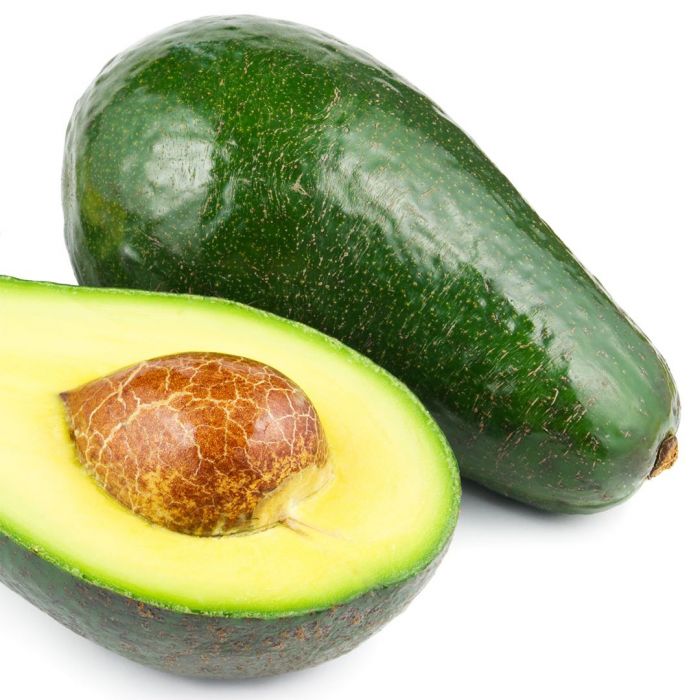
Fuerte avocado fruit variety
How to Farm Avocado In Kenya
Avocado Irrigation FAQs
1. Do avocados need irrigation?
Yes they do, unless the crop is growing in an area that receives 0ver 40 inches or 1,016mm of rain annually. This is partly because the plant has shallow roots, hence requires water all year round
2. Do avocado trees use a lot of water?
Yes they do. A good avocado fruit consists of 73% water. To achieve this, the crop must be sufficiently watered. Water early in the morning because as the day progresses, the soil warm up. Watering in the evening can be done but is not recommended in places where temperatures drop very low because your soil will be too cold. This low moist soil temperature is a precursor for root rot disease manifested by small canopies, yellowing and a slow growing crop. Avoid watering in the hot afternoons because water losses to evaporation will be high
3. How many litres of water does an avocado tree need?
70 litres daily. This is what must be present in the soil always to give you the recommended avocado yield per acre in Kenya of; 300-400kgs (30,000 to 40,000 fruits) in the thrid to fouth year, and 800kgs-1ton (80,000 to 100,000 fruits) from five years. Avoid overwatering which causes leaves to curl, and the stems to soften weakening the plant structure
4. How much water does an avocado farm need?
Your farm needs 25mm of water weekly (which is 101,200 litres) for a vibrant, well producing crop. This translates to about 96 litres per plant daily assuming an average crop population of 150 trees pera acre. 70 litres are enough, so the 26 extar litres (96-70) caters for losses due to evaporation
5. What is the best irrigation system for avocado trees?
In our how to farm avocado in Kenya trainings, we recommend 2 key ways to irrigtate your avocado crop
5.1. Drip irrigation. This is by the use of a button drip irrigation system. The avocado drip irrigation cost in Kenya is from Kes 100,000 per acre. A button drip irrigation system is the best because it delivers water to the root zone where it is required, in drops. This makes it water efficient because there is no wastage
Pre-perforated drip lines are another water and energy efficientway to irrigate. The drip line wall thickness is 0.8mm to 1mm

Button drip (the red ones) irrigation system installed by Grekkon Limited in an avocado orchard located in Kajiado county in Kenya
5.2. Micro-sprinklers are low pressure, low to medium volume overhead irrigation accessories with an irrigation radius of 1.5M – 3.5M. They have no run-off and are water efficient compared to impact or rain-gun sprinklers. Sprinkler jet micro sprinklers reduce water usage by 25% to 40% compared to impact or rain gun sprinkler irrigation, and by 45% to 60% when compared to surface irrigation. They provide uniform water application which ensures uniform growth and crop maturity. They are installed between the trees along the row

A micro sprinkler along the ffruit row in an orchard
Other irrigation methods are the use of overhead sprinklers and furrow irrigation. However, these are not water efficient
6. How do I know when to water my avocado?
Check your soil moisture to a depth of 10 cm. Test it by squeezing it in your hand. If it holds together, then the moisture is enough. If it crumbles, it is time to irrigate your avocado tree
7. How much water does it take to produce 1kg avocado?
You need 2,000 litres to produce a kg of avocado fruit
8. How many avocado trees can be planted in an acre in Kenya?
If your acre is 4,048 meters squared, your avocado tree population is 162 trees if the spacing is 5M x 5M, and 135 trees if it is 6M x 6M. The average avocado tree population per acre in Kenya is 150 trees

A well spaced avocado crop
How to farm avocado in Kenya
Irrigation water quality
Avocado trees are sensitive to saline water as a result of high chlorine. Test your irrigation water to ensure that the Chlorine levels are below 100ppms

